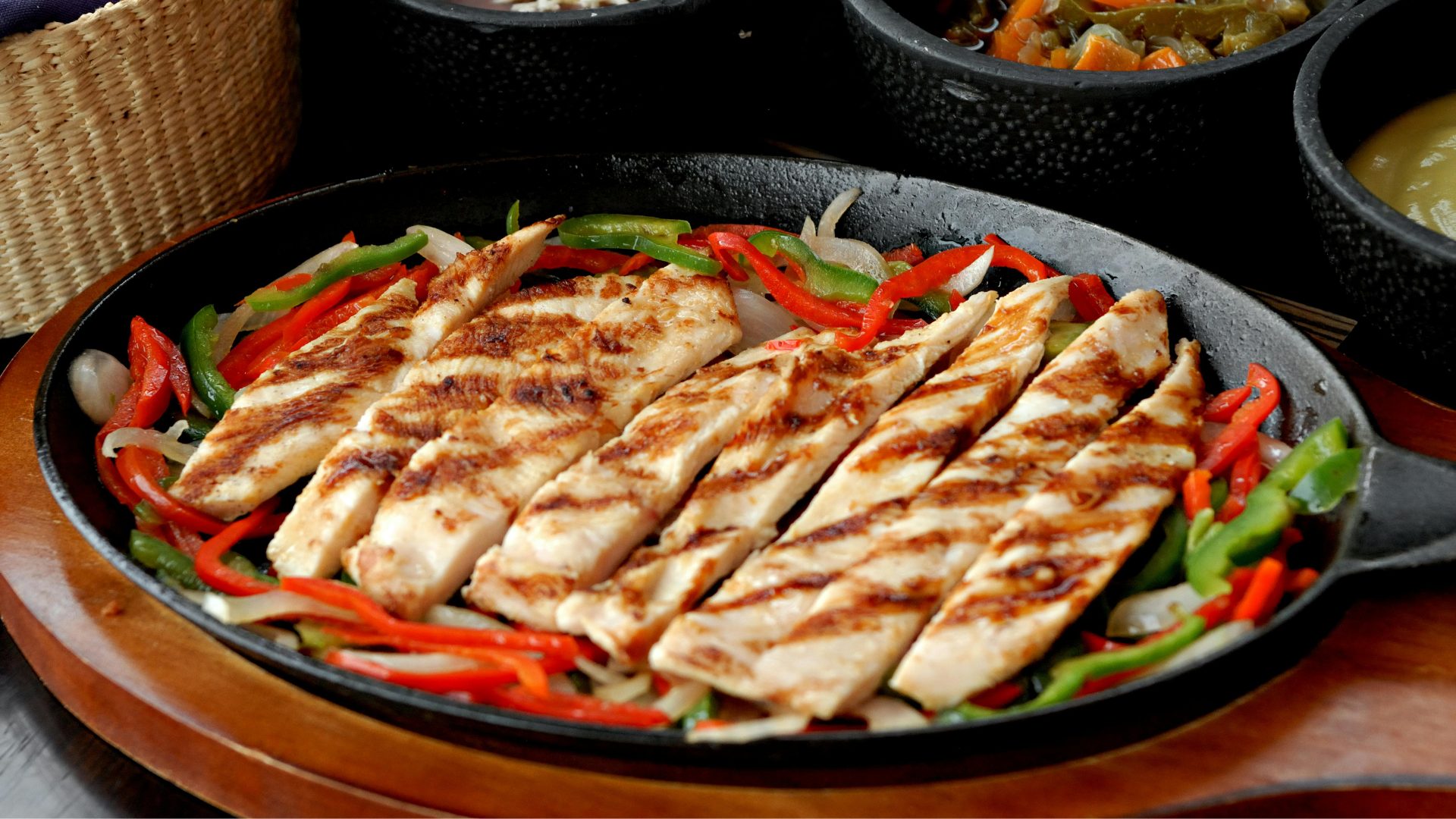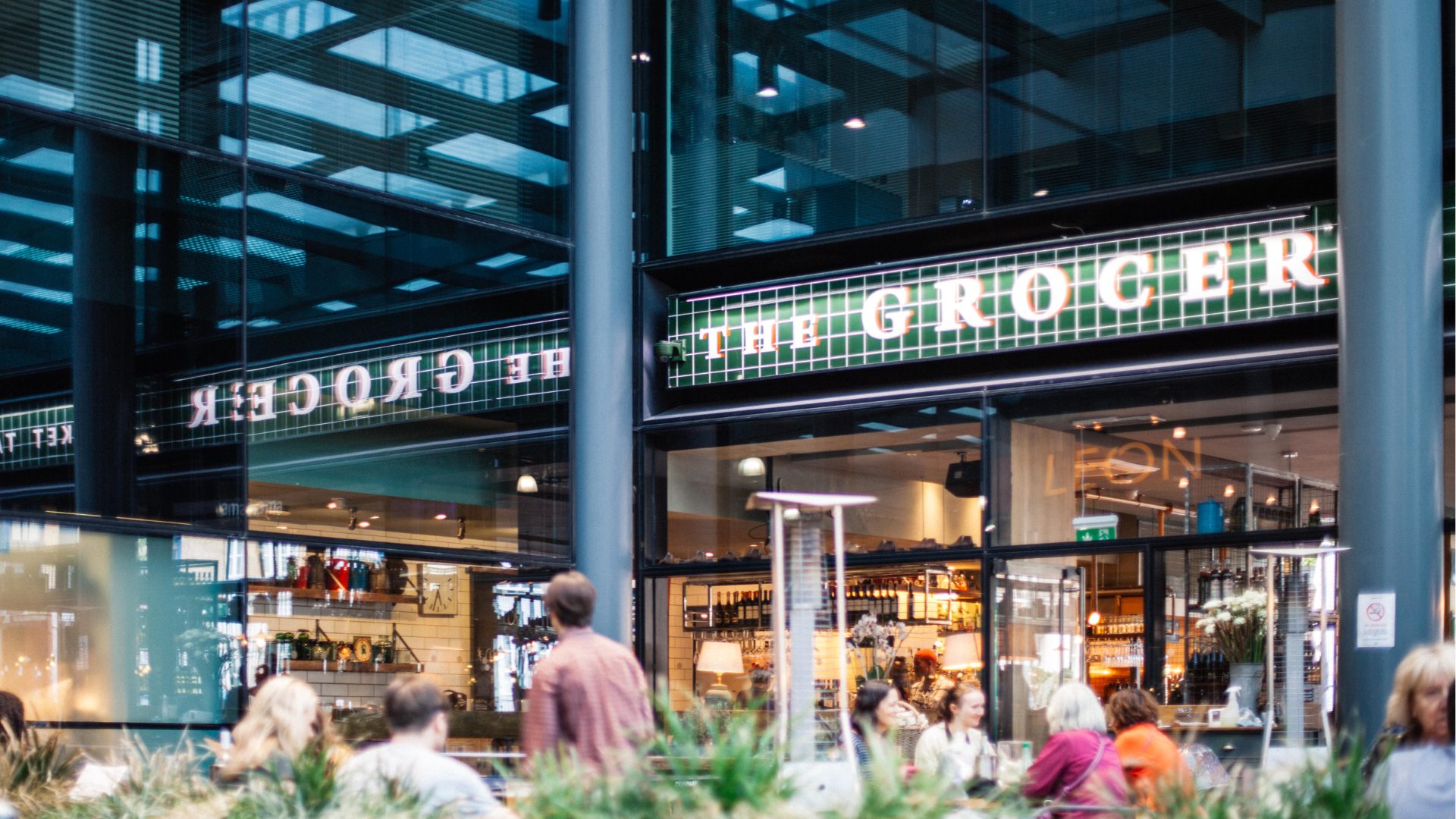With the pandemic threatening to intrude on a second holiday season and the nation’s workers rethinking what they want out of their jobs and careers, labor unrest has been sweeping through U.S. companies of late. The food industry is particularly touchy.
During the summer, the United Food & Commercial Workers Local 400 called on major grocery chains to reinstitute hazard pay and impose indoor face mask mandates. Now that cold weather is moving in, locals in several states are threatening walkouts at Kroger, the nation’s largest grocer with some 2,800 stores.
Workers in West Virginia and Texas are poised to walk out. Kroger began accepting applications for replacement workers earlier this month, the Huntington (W.Va.) Herald-Dispatch reported (Nov. 12), after the union rejected the company’s contract proposal for its Mid-Atlantic Division. Both sides still are talking, and no deadline has been set for a walkout, though a strike authorization has been approved.
“The company is taking the precautionary measure of accepting applications for replacement workers in the event the union chooses to strike,” Kroger corporate affairs manager Allison McGee told the Herald-Dispatch, adding the company is committed to reaching an agreement.
During the summer, Kroger averted a strike in Illinois following more than 18 months of negotiations, Supermarket News reported (Aug. 3), and earlier in the year in the Cincinnati area, The Cincinnati Enquirer reported (May 27).
The threat isn’t limited to grocers. Some 1,400 workers at Kellogg Co. were in the seventh week of their strike against the cereal maker, at plants in Battle Creek, Michigan; Lancaster, Pennsylvania; Memphis, Tennessee, and Omaha, Nebraska. The Baker Confectionery Tobacco Workers & Grain Millers International Union said Kellogg is insisting on takeaways and refusing to negotiate.
“The company’s proposal was filled with conditions and terms as to what was acceptable to Kellogg’s. These terms and conditions are unacceptable to our members,” the union said on its website.
The union also struck Frito-Lay and Nabisco this year, part of a wave of strikes that have swept across America. Union members are often objecting to forced overtime, necessitated by a worker shortage, and two-tier contracts, which bring new workers in at lower pay and benefits levels.
Ken Bradshaw, vice president of the union local at Kellogg’s Memphis plant, said the company has raked in profits in recent years while insisting that workers toil under conditions imposed during the Great Recession.
Kellogg spokesman Ken Hurley told Fox Business (Nov. 10) the company has made its “last best final offer” and accused the union of failing to revise its proposals or explore “creative solutions to resolve issues.”
In Omaha, Kellogg filed suit, accusing union members of blocking access to the facility and threatening nonunion workers along with the lives of their family members, Bloomberg reported.











